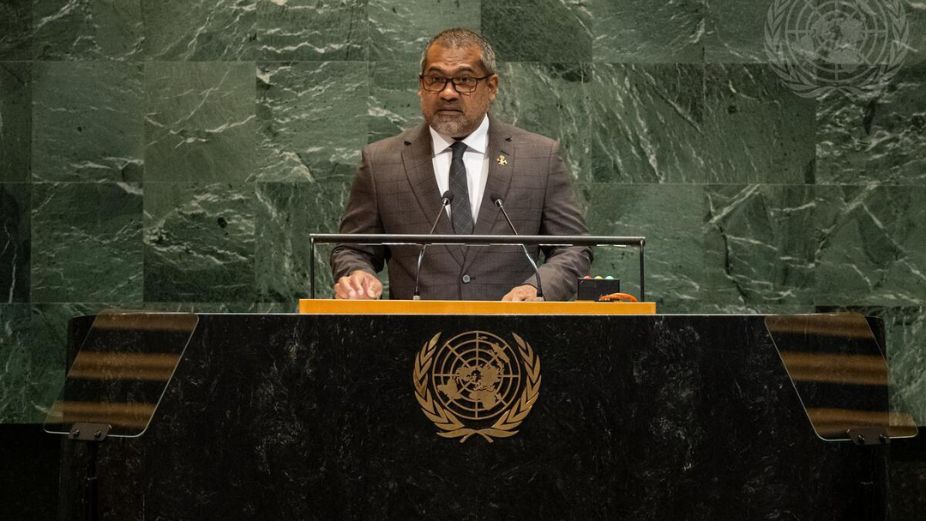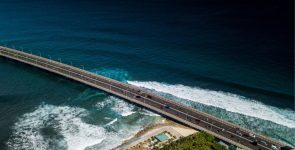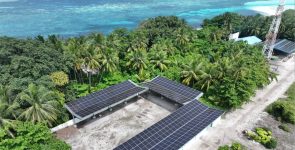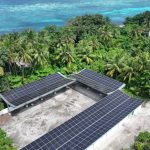
Foreign Minister Dr Abdulla Khaleel delivered the Maldives’ statement at the 80th session of the United Nations General Assembly (UNGA), emphasising the urgent need for reform of the organisation and a stronger role for small island developing states (SIDS).
Marking sixty years since the Maldives joined the UN, Dr Khaleel said the credibility of the multilateral system was at stake. “Reform is no longer optional; it is the only path forward,” he said, pointing to the paralysis of the Security Council as a core challenge. He argued for an expanded and more representative Council, adding: “A rotating seat for SIDS is where we must start. We need a Council that does not hide under the threat of veto.”
The Minister said credibility lives or dies with trust in multilateralism. “If the UN cannot act to prevent, to protect and to provide, trust in multilateralism will continue to erode,” he told the Assembly. Referring to the upcoming eightieth anniversary of the UN, he added: “UN80 must repair the guardrails before they fail beyond repair.”
In his address, Dr Khaleel highlighted pressing global challenges, including the ongoing conflict in Palestine, which he described as “genocide” sustained by military and financial support from powerful states. He criticised what he called “the shame of the century,” accusing some countries of hypocrisy in upholding international law selectively.
The Maldives’ statement also drew attention to climate change and debt vulnerabilities. Dr Khaleel said major emitters must meet their responsibilities on loss and damage, and stressed that commitments from the UN Ocean Conference and the Financing for Development Conference “must translate into tangible gains for our islands and above all, deliver debt relief.”
On domestic policy, Dr Khaleel presented the Government’s “Maldives 2.0” programme as a blueprint for change, focusing on digitisation, inclusivity and sustainability. He cited the ban on vaping devices, e-cigarettes and tobacco for the next generation as an example of health policy, while also pointing to initiatives to expand renewable energy and position the Maldives as a hub for investment through the Maldives International Financial Centre.
The speech reflected a balance between calls for structural reform at the international level and showcasing national policies. Analysts note, however, that while the Maldives put forward strong rhetoric on multilateralism and SIDS representation, the absence of the head of state at this year’s UNGA may have limited the country’s visibility and opportunities for higher-profile bilateral engagements.
Concluding his address, Dr Khaleel said: “If the rules stand, the small can stand. And if the small can stand, all of us will stand taller.”








